
Living for Change is a weekly newsletter that provides the perspective and activities of the Boggs Center and related organizations. Thinking for Ourselves is a weekly column exploring issues in Detroit and around the Country. The column was originally published in the Michigan Citizen.
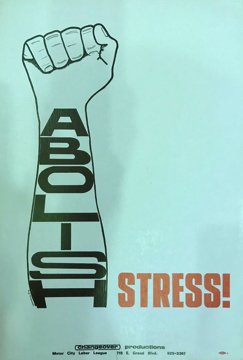
A Step Forward
In the ongoing national debate about the role of police in our communities, Detroit was an early leader in developing methods to increase transparency and accountability. With the emergence of Black liberation struggles in the late 1950s and the increase in militarized police responses, Detroit, along with other major cities such as Los Angeles, Oakland, Chicago, and Kansas City established strong mechanisms for community control. These early efforts included measures to ensure public participation in the selection of the chief of police, oversight in the development of policies, and in the discipline of officers who violated citizen rights.

Lessons from Bankruptcy
This week marked the 10th anniversary of the imposition of bankruptcy on the city of Detroit. The anniversary coincides with the passing of our beloved JoAnn Watson, who vigorously resisted the idea of bankruptcy. She consistently maintained that Detroit did not declare bankruptcy, but that it was imposed upon the people and our elected government by the state legislature and the courts, in service to corporate powers.

She Loved Detroit
Sometimes a loss is too big to hold. It leaves a hole that can never be filled, a wound that will never quite heal. Such is the loss of the Rev. Dr. JoAnn Watson. Her death on Monday July 10, 2023, shocked the city.

Justice for Wynter
Many people in the Detroit area woke up at the start of the holiday week with an Amber Alert on our phones. We were advised that a man had attacked a woman and kidnapped her two-year-old child. Over the next three days, police from Lansing to Detroit launched a coordinated effort to find the man and child. Three days later the body of Wynter Cole Smith was found in an alley on the east side of Detroit. The suspect, Rashad Trice, was arrested after crashing a car during a police chase.
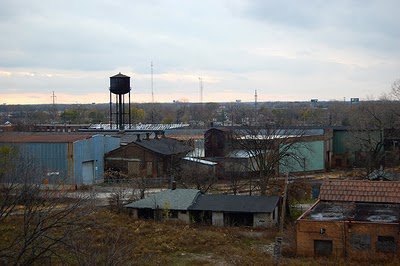
Making Sense
This week the Michigan State legislature passed a series of bills to expand the brownfields development fund under the guise of using public funds to encourage the development of affordable housing.
Michigan’s Transformational Brownfield legislation is a bad idea. Expanding it by attaching it to affordable housing does not make it any better. We need to stop these tax-based policies that consistently take public money away from needed programs and transfer it into the hands of wealthy developers.

Lingering Smoke
After more than three decades of dumping toxic waste into our air, the Detroit trash incinerator stack is finally gone. Its final implosion gave us one last burst of noxious air. The demolition team and people gathered to watch wore masks, and neighbors had been warned. Once again, a quiet Sunday morning would be filled with invisible dangers from the smokestack.
There are many lessons from this whole tragic experience.

Support State Action on Water
People can encourage our state legislature to pass laws that would guarantee safe, affordable, and clean water to everyone. The statewide legislation effort is the result of decades of work guided by values that center water as a human right and a sacred trust. The specific legislative opportunity has been sparked by the work of State Senator Stephanie Chang and reflects the best thinking of literally hundreds of community conversations, citizen and university researchers, and water advocates from across the state.

Places of Practice
Three years ago, the murder of George Floyd at the hands of police sparked the largest spontaneous resistance movement in this country. Now, as we enter the fourth summer since the beginning of public protests, we are faced with a resurgence of the white power structure, intent not only on maintaining its hold, but expanding forms of violence, authority, and control.
This collective experience of the potential of movements to create change and the consequent backlash, brings urgent questions to those of us committed to creating a just society. What is the difference between mass mobilization and organizing? What is the relationship between reform and revolution? Does electoral politics matter? How do we build long term community power? What kind of future do we want?

Challenging City Decisions
This week Judge David Allen of the Wayne County 3rd Circuit Court gave a mixed decision on the Shotspotter lawsuit against the expansion of the gunshot technology in Detroit. The lawsuit argued that the City Council did not have the authority to approve a $7 million expansion and a $1.5 million extension of existing contracts because the city had not fulfilled its responsibilities under the Community Input over Government Surveillance Ordinance (CIOGSO) during the approval process.
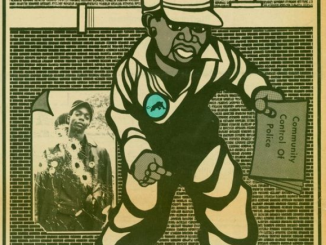
Beyond Police Propaganda
On May 19, 2022, the Detroit Coalition for Police Transparency and Accountability (CPTA) sent a letter to the US Department of Justice, requesting an investigation into the Detroit Police Department’s excessive use of force, including the killings of people. The coalition, formed in the wake of the police murder of Hakim Littleton in July of 2020, requested federal intervention because of an accelerated pattern of brutality and lawlessness by police.
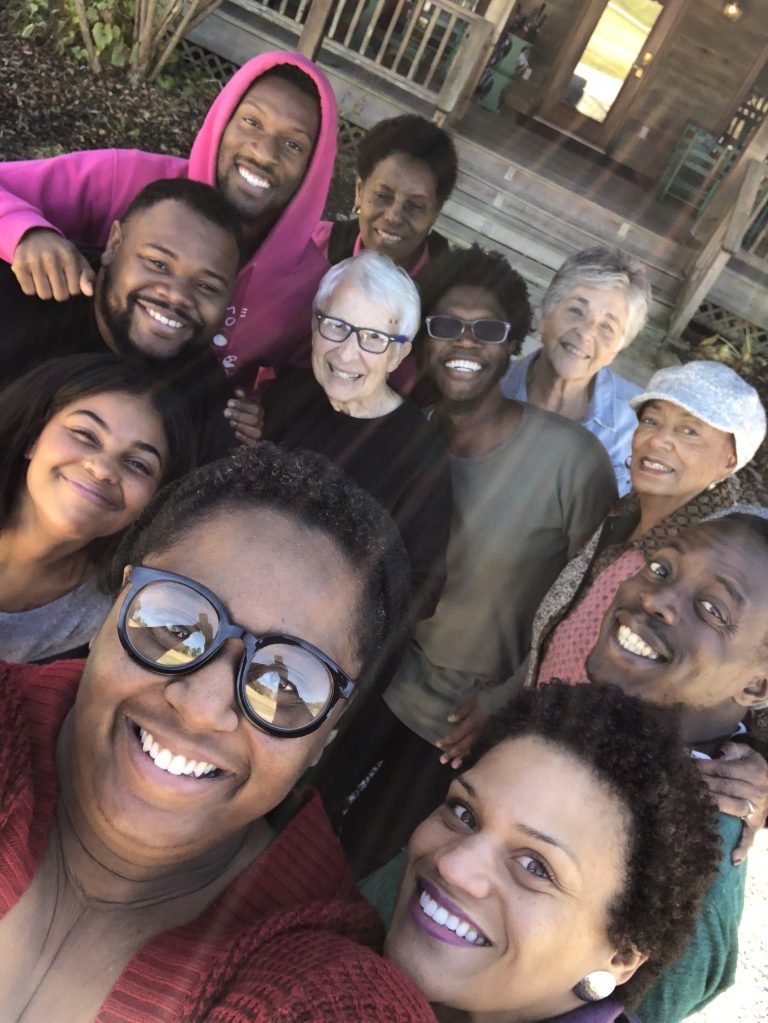
Movement Questions
This week I was at Haley Farm for the third intergenerational gathering hosted by the National Council of Elders since 2021. The Council began in 2011 to bring together movement leaders of the 20th Century with those emerging today. The Council says:
“We, of the National Council of Elders, dream of new worlds. We have helped bring to life the movements that have enriched our humanity over the past 70 years. Yet we know that we have a long way to go to create relations based on peace, love, and mutual responsibility. In 2012 we gathered in Greensboro, North Carolina and wrote a “living Declaration” pledging to “be faithful to our own history” and to undertake with younger generations to do “everything in our power” to bring a greater measure of justice, equality, and peace to our country and to our world.”

Beyond Compromise
Across Michigan people concerned with protecting forests, streams, and rivers from military encroachment breathed a little easier. The Department of Natural Resources rejected the effort by Military and Veterans Affairs to take an additional 162,000 acres for military training purposes. This proposed expansion of Camp Grayling, already the largest national guard training center in the country, would have more than doubled the amount of public land dedicated to military use.

A Reckoning
This week I had the opportunity to talk with members of Peace Action Michigan. This seems to me an urgent moment for all of us to think more deeply about how to move toward a deeper practice of peace. Here is some of what we talked about.
The dangers of this moment are evident. Not only are conflicts spreading across the world, but the possibility of nuclear war is closer than at any time since the bombs were dropped on Japan. The Doomsday Clock is now 90 seconds from midnight.
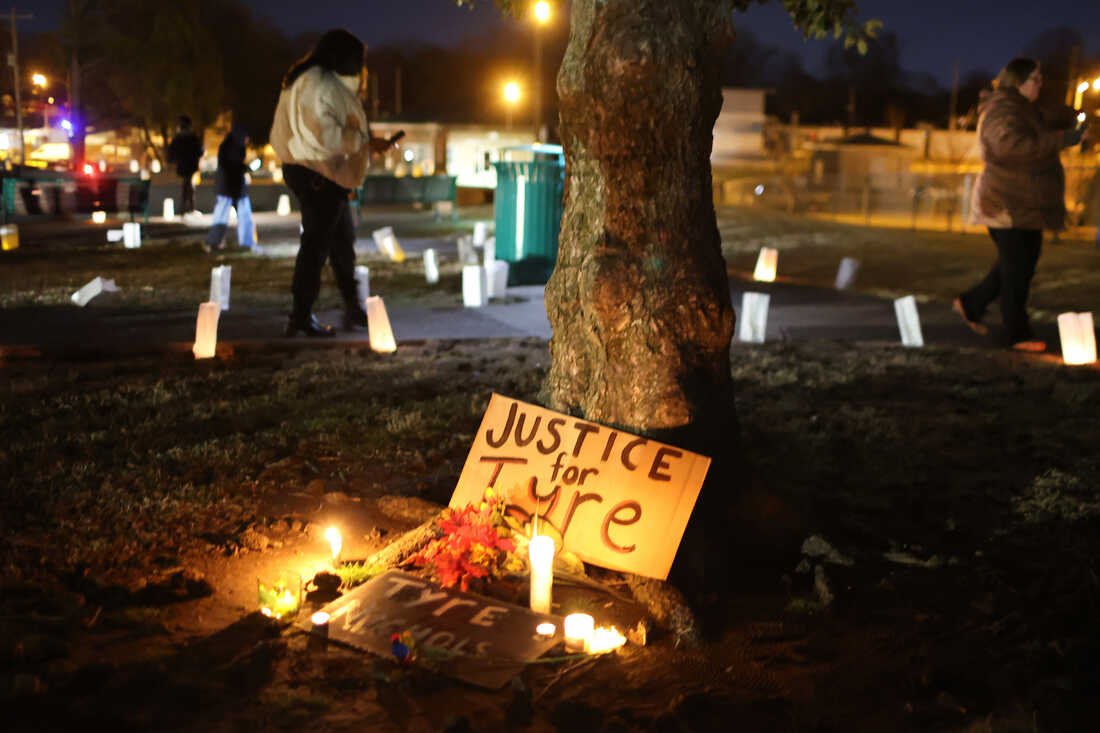
Southern Risings
Deep changes are stirring in the South. A spirit for justice is rising with renewed energy. The struggles of the Tennessee Three, ending in the victorious reinstatement of both Justin Jones and Justin Pearson into the state legislature signaled a new energy for change, while echoing the best of the liberation struggles of the past.

Message from Nashville
This week began in the shadow of yet another mass killing. The deaths of three children and three adults on March 27 in a small Christian school in Nashville had sparked renewed demands for gun control, amidst the grief of funerals and families dealing with pain and loss. It ended with the expulsion of two young African American legislators who supported public demonstrations calling for change.

Benefitting the Community
The Detroit City Council once again approved major tax incentives to stimulate downtown development. In a vote of 8-1, Council approved $800 million in incentives for the Ilitch family to develop the area near Little Caesars Arena. This is the same area the Council approved $400 million in tax incentives for a decade ago. Then, the Ilitch group promised a vibrant neighborhood, jobs, stores, and restaurants. Instead we got parking lots and the violent displacement of people who had been living in older apartment buildings.
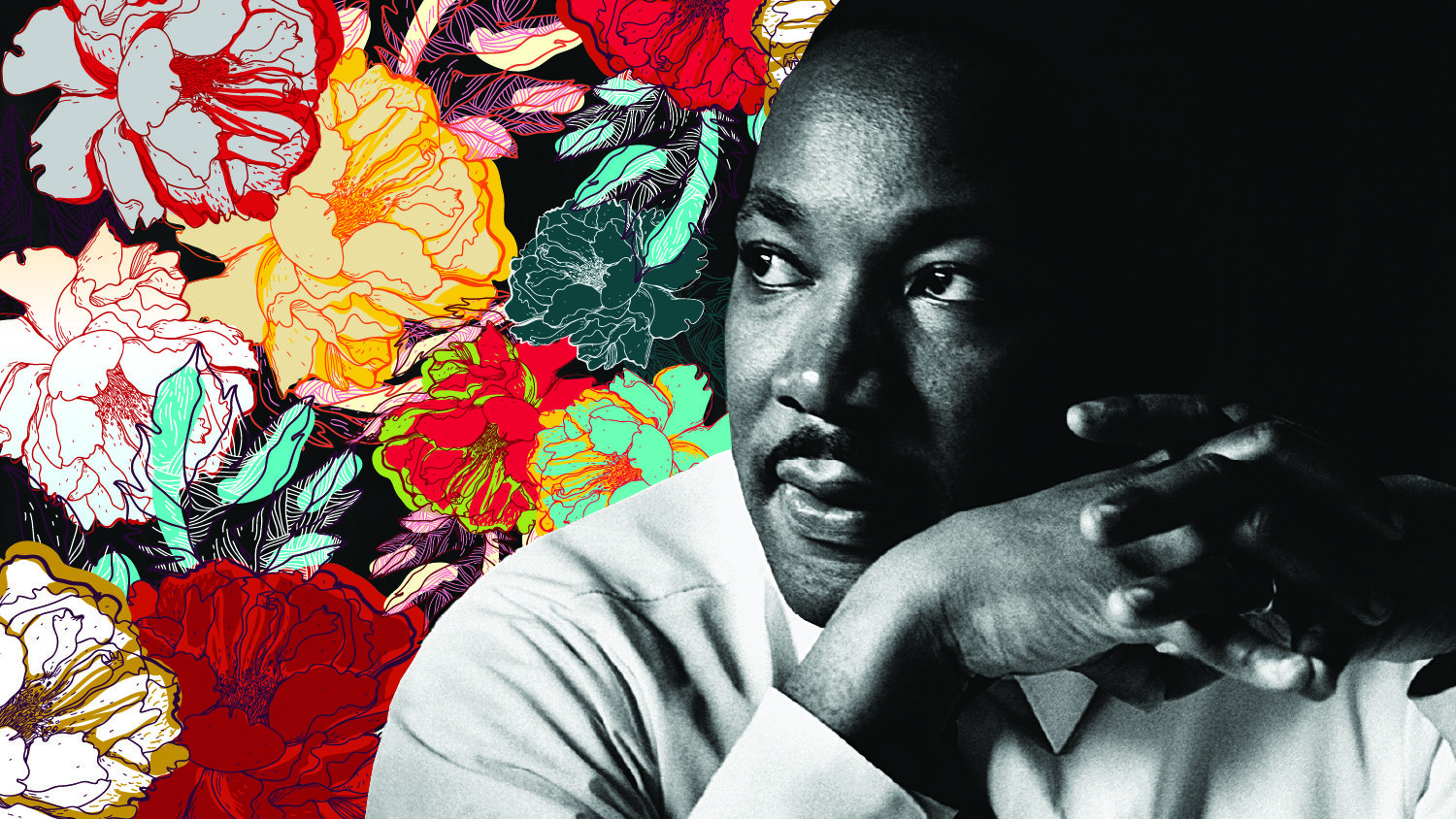
Love and Power
This year, the anniversary of Dr. King’s Beyond Vietnam: Breaking the Silence speech comes in the shadow of the 20th anniversary of the US Invasion of Iraq and the third anniversary of the killing of Beonna Taylor by Lexington police. We are also entering the second year of war in Ukraine.
These moments of connection give us an opportunity to ask some difficult questions about where we are and where we need to go.

Stealing Symbols
I have been rereading one of my favorite political writers, Kenneth Burke, thanks to Mike Duggan’s recent State of the City address. Burke was a complicated, wide-ranging thinker who greatly advanced our understanding of the relationships between language and politics. Predicting the rise of fascism in Europe in the early 1930s, he continued to explore the meaning and manipulation of symbols into the late 20th Century. One of his key concepts is “the stealing back and forth of symbols.” It was this idea that caused me to revisit my much-used copy of Attitudes Toward History, written in 1937.

Caring Cities
This week Mayor Mike Duggan gave his 10th State of the City address. He staged it in the Michigan Central Station. Amidst the gleaming columns and grand architecture, the mayor focused on how far we have come since being forced into bankruptcy in 2013. He noted that in those dark days, the train station was a symbol of despair, and now it portends possibilities of growth to rival Silicon Valley. Duggan emphasized the demolition of abandoned houses and the restoration of others. He talked about new, affordable housing, lowering unemployment, job training, new businesses, and crime prevention.

Long Time Coming
The vote by the Michigan State Senate to extend civil rights protections to people who identify as gay, lesbian, bisexual, trans and queer is a cause for celebration.
This decision comes amidst a growing national trend to assault and demonize the LGBTQ+ community. Tied to the attacks on Critical Race Theory, attacks on “queer theory” are integral to efforts to distort and destroy fact based, critical analysis of our country. Fifteen states have laws prohibiting certain words and concepts from being uttered, including mentioning racism as “systemic, “and outlawing the words gay and queer. State legislators are targeting trans parents and students, in some cases making it illegal to offer care and support to them.
